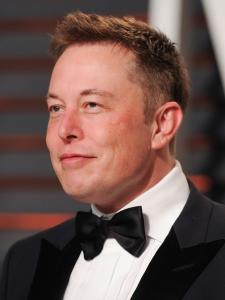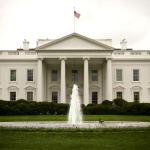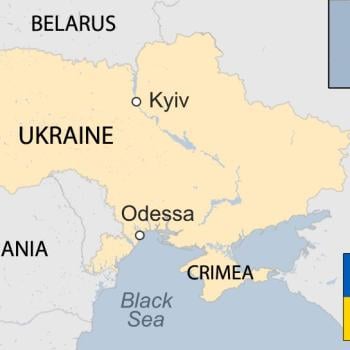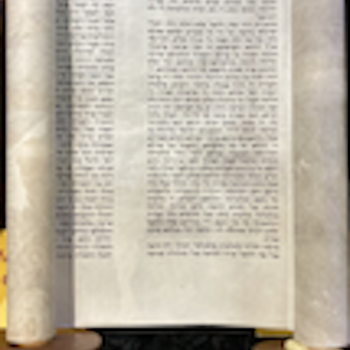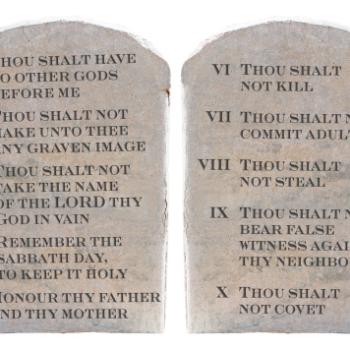I am sort of a fan of Elon Musk. I’m also an investor in Tesla. But I admit that Mr. Musk sometimes gets me upset and worried. Because of it, I’ve sold and later repurchased Tesla shares in my investment portfolio a few different times.
Nearly a year ago, on May 8th last year, this CEO of Tesla and SpaceX appeared on Saturday Night Live on TV with his mother who used to be a model. At that time, Elon revealed that he has Asperger Syndrome. I had never heard of it. Categorized as an autism disorder, Aspergers have difficulty socializing and therefore relating and communicating with other people. As typical with autism folks, Aspergers also are often highly-functioning people. That explains why Elon Musk–who left his home in South Africa at age 17 and came to North America with hardly a dime in his pocket to become now the richest man in the world–sometimes aggravates me.
Elon Musk, who has 80 million followers on Twitter, just offered to buy out this social media. He’s got a lot of people upset about it, including many Tesla and Twitter investors and Twitter employees. Musk’s net worth is over $250 billion, and he’s offering to buy out Twitter shareholders for about $45 billion, thus less than 20% of his net worth.
With Musk’s recent offer to buyout Twitter, Tesla shareholders are worried that Musk is stretching himself too thin in business, with so many irons in the fire, and thus Tesla’s stock price could suffer from the key-man syndrome to which Tesla is vulnerable. Elon has even said recently that he doesn’t like being the CEO of Tesla. Indeed, his main goal in life is to go to Mars with SpaceX. Musk said only a few weeks ago that he would rather just be an influencer, which now seems to be why he is trying to buy Twitter.
Apparently, many Twitter board members and employees are worried that Musk would disrupt what they have achieved in trying to exercise some censorship over Twitter users, for which Zuckerberg’s Facebook was highly criticized and accused of helping Donald Trump become president. Musk is talking as if he would let Trump back on Twitter, which had abolished his account due to his incitement of the Capitol riot.
Why does Elon Musk want to buy Twitter? He says it’s not an economic decision; thus he’s not trying to make money doing it. Instead, it’s all philosophical. Musk says he’s a “free-speech absolutist.” He means that he believes strongly in the First Amendment of our U.S. Constitution and believes there should be a very limited amount of censorship in communication in our society. He thinks that protects democracy. Kudos for Musk believing strongly in democracy; but does almost no censorship protect it? NOT SO says a lot of Twitter employees, some of its investors, and especially sociologists.
Musk first bought almost 10% of Twitter shares about four months ago, which only became public knowledge weeks ago. He was offered a seat on the board, accepted it, and then rejected it a day later. Being a board member would have prevented Musk from making an offer to buy out Twitter.
The Twitter board likely made that offer because its members and employees were worried about Musk wanting to destroy all their work of instituting some means of censorship to overcome the main criticism of social media platforms such as Facebook and Twitter, which is extreme toxicity in its digital conversation. It seems this new form of social media, which has only been made possible due to the recent invention of the Internet, is causing people to become increasingly uncivil in their communication.
That’s why I owned shares of stock in Facebook and Twitter for years and then sold them all, never to invest in those companies again. Yes, I still have personal accounts on Facebook and Twitter, where I put all of my patheos.com blog posts. If it wasn’t for that, I might abandon both of those accounts due to so much trash-talking on them.
In what I’ve read about these fast, recent moves by Musk to buy out Twitter, I haven’t seen anything about comparing it with Musk’s Asperger Syndrome. He says, “My strong intuitive sense is that having a public platform that is maximally trusted and broadly inclusive is extremely important to the future of civilization.” Well, Musk sure must have some pretty good intuition about a lot of things, such as the future of technology advances in various fields. But here, Elon is talking about him having perhaps a keen intuitive sense about communication between humans. Yet, that is what Aspergers like Elon Musk are supposed to be deficient in.
Why isn’t there much media discussion about this seeming discontinuity in Mr. Musk? What do you think?


